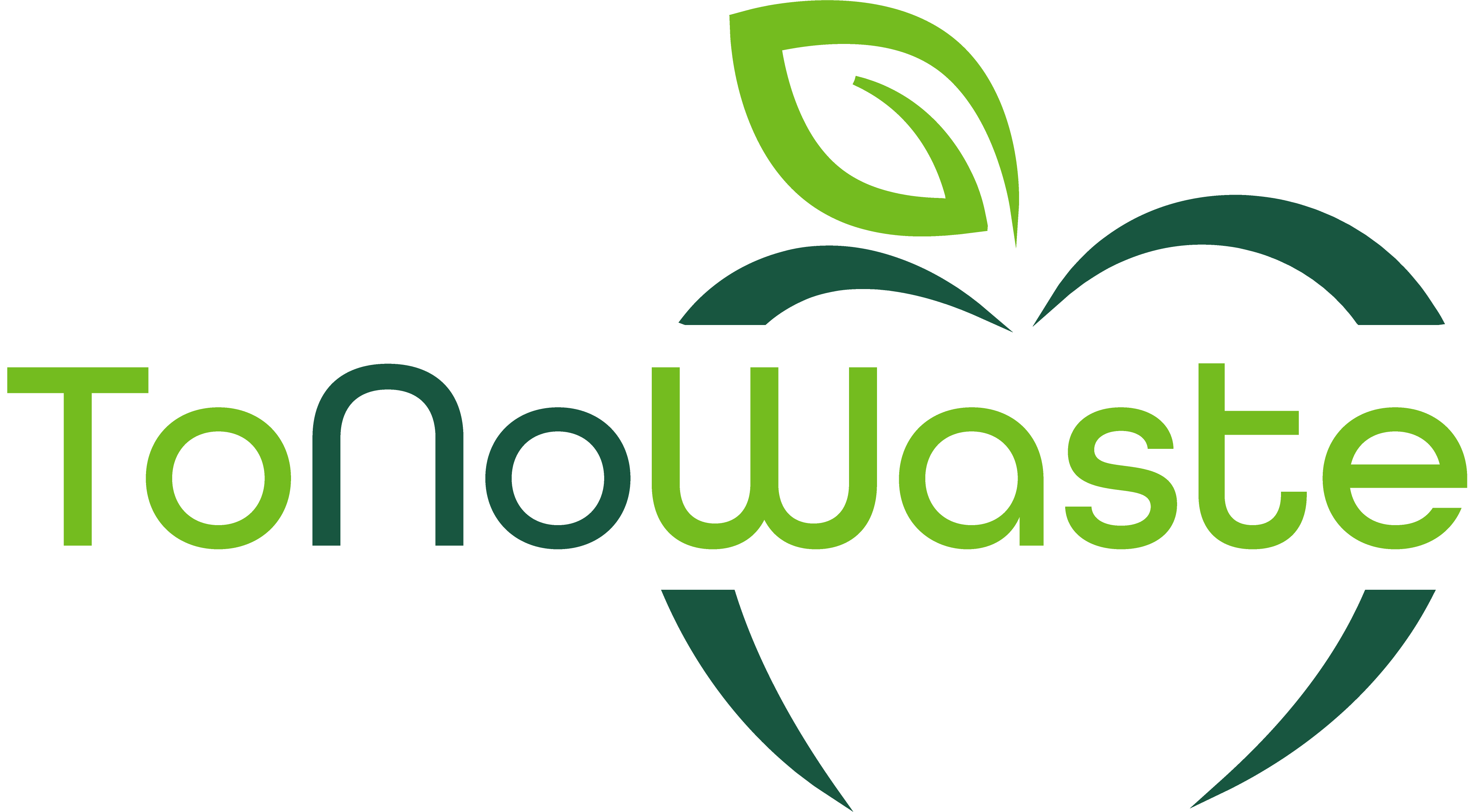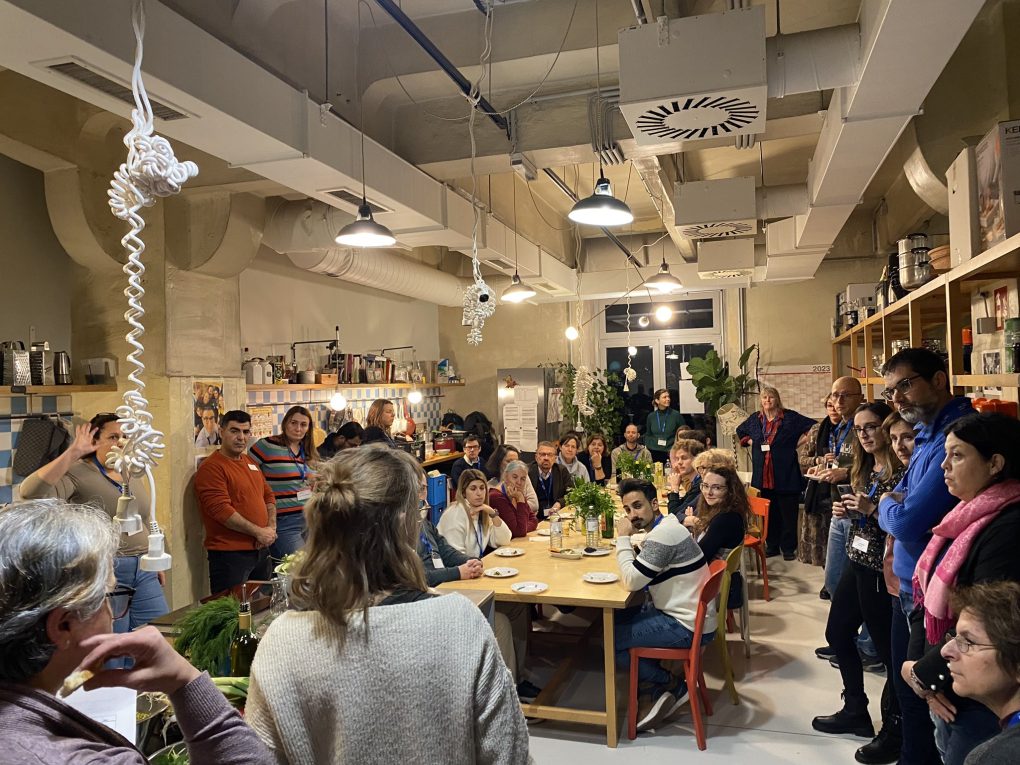In a concerted effort to combat food waste and promote sustainable food production, 21 partners spanning Europe are gathering for discussions on potential pilot projects. From January 15 to 17, the European ToNoWaste project’s general assembly, led by the University Jaume I in Castellón, will convene at the Austrian Academy of Sciences in Vienna, Austria. This meeting, organized by the Institute of Technology Assessment (ITA) at the Austrian Academy of Sciences, will bring together the entire consortium of the project.
The project’s mission is clear: to unearth successful strategies for preventing and reducing food waste. Stakeholders within European food systems will be empowered to make informed decisions toward fostering more sustainable food production and consumption. Evidence-based tools and experiences will play a crucial role in steering stakeholders in the right direction. Therefore, practical aspects will be a cornerstone of this assembly.
Following a selection process, the assembly will introduce the initial portfolio of local project ideas. These ideas, set to be implemented over the next few years in Valencia (Spain), Graz and Vienna (Austria), Halandri (Greece), and Hälsingland (Sweden), will unfold in diverse contexts. Specifically, they will target enhanced waste reduction in school kitchens, the direct marketing of organic products in urban areas, and the training of multipliers to combat food waste in supermarkets.
At this General Assembly, the science-based evaluation framework for selected pilot projects will transition from theory to practice. This strategic move ensures that all partners engaged in implementing these measures can synchronize their ideas, understand each other’s vocabulary, identify synergies, and amplify the impact of these pilot projects. The hosts, comprising the ITA project team led by Saskia Favreuille, Freya Schulz, Ulrike Bechtold, and Mahshid Sotoudeh, will meticulously evaluate and analyze partial results, synthesizing them into a comprehensive report.
This collaborative effort underscores the urgent need to address food waste and establishes a framework for practical solutions that promise a more sustainable future for European food systems. As the assembly concludes, there is anticipation of a positive ripple effect, paving the way for lasting change in the realm of food production and consumption.

